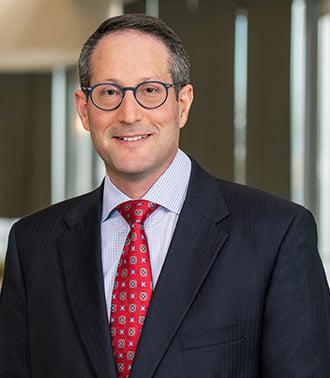Fourth Circuit Embraces Strict Pleading Requirement for False-Advertising Claims
Seller Beware: Consumer Protection Insights for Industry
On June 19, 2015, the Fourth Circuit held that to state a claim for false advertising based on a theory that representations about the health effects of a product are actually false, a plaintiff must allege that all reasonable experts in the field agree the representations are false. In re GNC Corp.; Triflex Prods. Mktg. & Sales Practices Litig.
In that case, plaintiffs filed putative class actions alleging that GNC and Rite Aid violated state consumer protection laws by marketing health supplements as promoting joint health, even though many studies showed that the main ingredients are no more effective than a placebo in treating osteoarthritis symptoms. Plaintiffs asserted that the companies' representations were literally false because the vast weight of the competent and reliable evidence indicated that glucosamine and chondroitin do not provide the promised benefits. The district court granted the companies' motion to dismiss, holding that a manufacturer is not liable for false advertising under a literal falsity theory if at least one qualified expert opines that the representations are truthful, even if the overwhelming scientific evidence is to the contrary. Accordingly, the district court dismissed the complaint without prejudice and granted plaintiffs' leave to re-file. Rather than amend the complaint, plaintiffs appealed.
The Fourth Circuit panel unanimously affirmed the district court's judgment because plaintiffs failed to allege that all reasonable scientists agreed glucosamine and chondroitin do not provide the relief promised by the companies. The Court emphasized plaintiffs' allegations that the "vast weight" and "overwhelming weight" of reliable evidence showed the ingredients not to be effective. The Court viewed these allegations as an implicit concession that some reliable scientific evidence supports their efficacy. And statements cannot be "literally false" if there is a reasonable difference of scientific opinion on the question. The Court did, however, leave open the possibility that other cases might state a claim by alleging either that no reasonable scientist would agree with the representations at issue or by alleging a different theory that the representations are misleading as opposed to literally false.
In re GNC Corporation is a significant victory for dietary supplement manufacturers and others that face false advertising claims under state law, even if it leaves some maneuvering room for plaintiffs' lawyers.
© Arnold & Porter Kaye Scholer LLP 2015 All Rights Reserved. This blog post is intended to be a general summary of the law and does not constitute legal advice. You should consult with counsel to determine applicable legal requirements in a specific fact situation.

